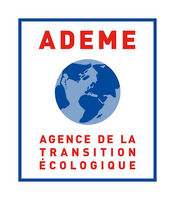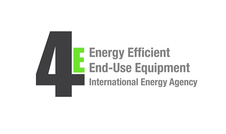Search eceee proceedings
Assessment of perceived legitimacy in policy evaluation applied to Dutch Regional Energy Strategies
Panel: 4. Monitoring and evaluation for a wise, just and inclusive transition
This is a peer-reviewed paper.
Authors:
Astrid Martens, Netherlands Environmental Assessment Agency, The Netherlands
Kees Vringer, Netherlands Environmental Assessment Agency, The Netherlands
Jarry T Porsius, Netherlands Environmental Assessment Agency, The Netherlands
Abstract
Large-scale changes in society are needed to achieve the policy goals for a transition to a sustainable energy system in the Netherlands. In a democratic system such goals can only be achieved when policy is accepted by the population. Most previous studies have investigated which factors influence the acceptance of local wind farms where self-interest can play a dominant role. But for national policy it may be just as important to better understand which policy characteristics affect citizens’ perceived legitimacy, based on public interest, of plans to generate more solar and wind energy at the national level. In the present study we examined this in the context of the Dutch Regional Energy Strategies (RES). The RES are local decision processes to determine where wind turbines and solar parcs are going to be placed in 30 Dutch regions before 2030. We identified 7 factors that may affect the perceived legitimacy of the RES plans. We tested the effects of the 7 actors in a vignette study with a representative sample of Dutch citizens (n=2729). The results show that 6 out of 7 factors had a statistically significant effect on the perceived legitimacy of the presented plans in a random intercept model. The strongest effects on the perceived legitimacy were observed for citizen participation (B=-0.89 for full participation vs. no participation) and the impact on landscape (B=-0.87 for low impact on cost vs. low impact on the landscape) on an 11-point scale (1=fully unacceptable, 11=fully acceptable). The model-based estimated legitimacy score for the least legitimate scenario in the eyes of citizens was 3.75 vs. 7.57 for the most legitimate scenario. This implies that if policy makers find the perceived legitimacy of local sustainable energy generation to be important, they should consider the set of criteria for policy legitimacy we have studied. This study also showed that our approach is feasible for (ex-ante) policy evaluations, taking into account a broad set of evaluation criteria.
Downloads
Download this presentation as pdf: 4-070-22_Martens_pres.pdf
Download this paper as pdf: 4-070-22_Martens.pdf
Panels of
1. Dynamics of consumption: less is more?
2. Efficiency and beyond: innovative energy demand policies
3. Policy, finance and governance
4. Monitoring and evaluation for a wise, just and inclusive transition
5. Towards sustainable and resilient communities
6. Energy-efficient and low-carbon mobility for all
7. Policies and programmes for better buildings
8. Innovations in products, systems and building technologies



























